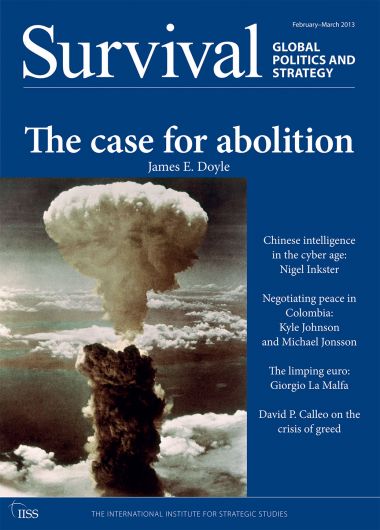Some years ago, NCAC created the Knowledge Project: Censorship & Science, as national concern over the “politicization” of science escalated. The work of the Project revealed that the problem was more than just politics: censorship of science that did not support the government’s policies infringed the free speech of scientists, undermined the integrity of science, and jeopardized efforts to develop sound public policy.
We thought that problem had faded, so we were dismayed to read about James Doyle, a political scientist who had worked at Los Alamos National Laboratory for 17 years and was fired over an article he had written about nuclear disarmament. Officials claimed the article contained classified information, but the text had been reviewed and approved prior to publication. Apparently, someone higher up didn’t like what he had written and had him fired–even though the article clearly stated that the views expressed were his own, and not those of the government. Read more about the controversy here.
Such intimidation and suppression of scientific views not only undermines science; it is also, in the words of the late Justice William J. Brennan, inconsistent with “the profound national commitment to the principle that debate on public issues should be uninhibited, robust, and wide-open, and that it may well include vehement, caustic, and sometimes unpleasantly sharp attacks on government and public officials.”
For more about science and censorship, go to https://ncac.org/project/the-knowledge-project/ .


